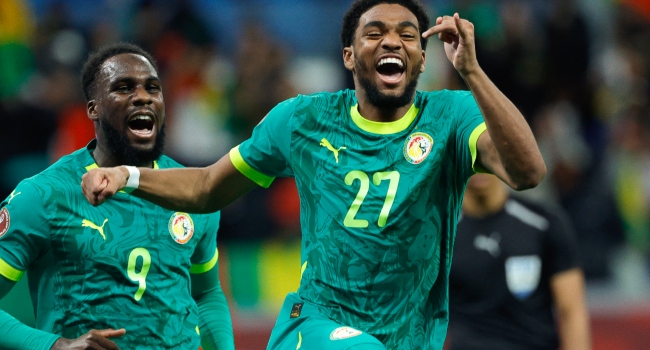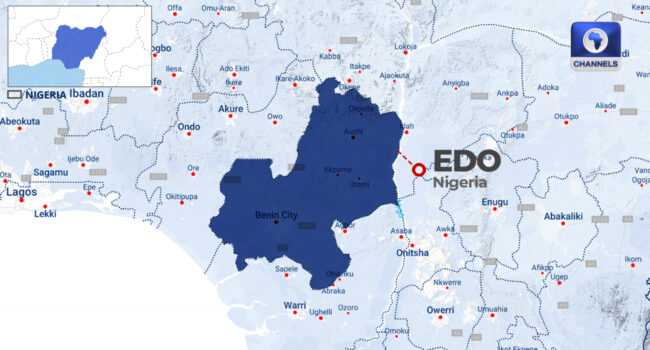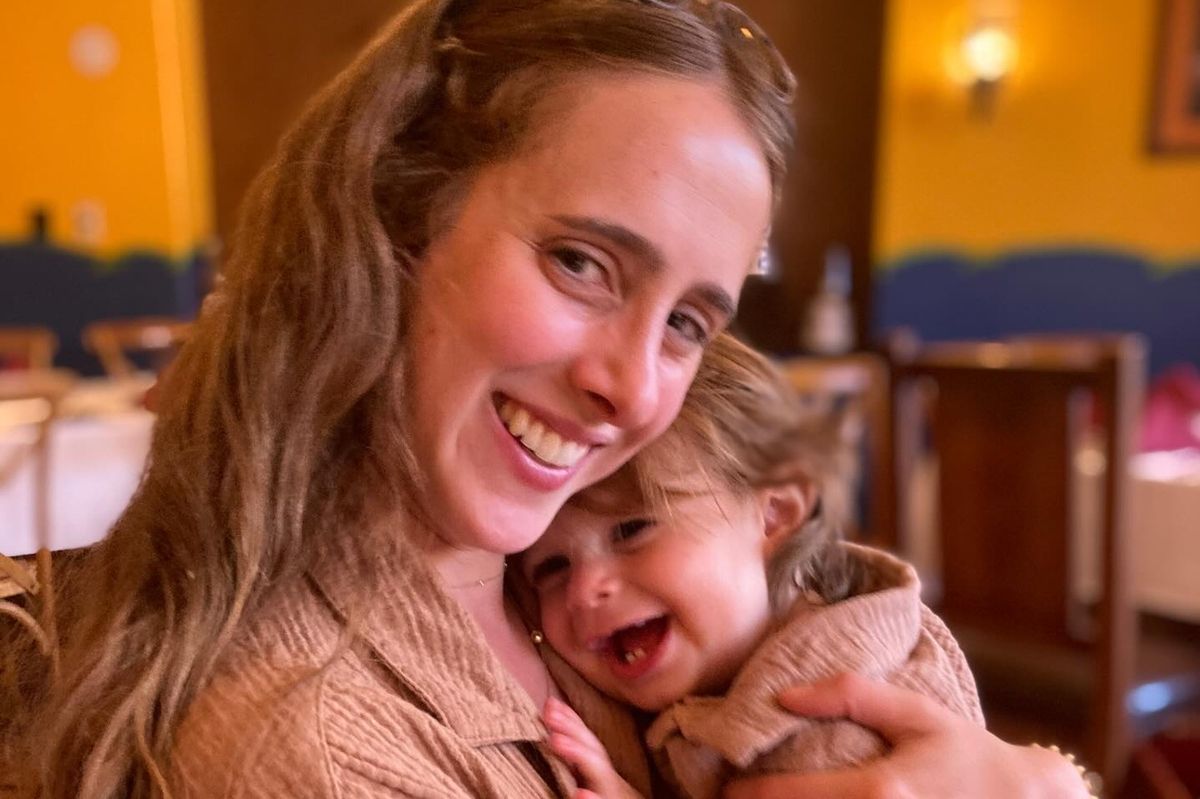Since the outbreak of war in Sudan, talk of “humanitarian ceasefires” has become a recurring political refrain, invoked whenever the humanitarian catastrophe reaches its peak. However, the ceasefire being proposed today comes in a different and dangerous context. It follows the committing of genocide and ethnic cleansing by the Rapid Support Forces (RSF) militia in the city of el-Fasher in Darfur – one of the most horrific humanitarian crimes in Sudan’s modern history, and indeed in the history of humanity.
El-Fasher, once a symbol of diversity and coexistence, has been turned into a devastated city emptied of its population. In the aftermath of this major crime, the international community has once again returned to proposing a “humanitarian ceasefire” as an option. This calls for a careful political reading that does not stop at moral slogans, but instead unpacks the motives and potential consequences – especially with regard to Sudan’s geographic, social, and political unity.
A path to peace or a gateway to disintegration?
In popular culture, there is a saying: “If you see a poor man eating chicken, then either the poor man is sick or the chicken is sick.” This proverb captures the essence of the legitimate political suspicion regarding the timing of this ceasefire.
Truces for humanitarian purposes, in principle, are meant to alleviate civilian suffering and may pave the way towards ending conflicts. In the case of Sudan, however, what raises alarm is that this ceasefire was proposed after the catastrophe occurred, not before it – after the RSF categorically rejected any humanitarian commitments, including the protection of hospitals and the securing of safe corridors for civilians to flee.
Humanitarian organisations have been operating in most regions of Sudan, including Darfur, despite security complexities and in the absence of a legal, signed ceasefire. This makes the question unavoidable: Why push for a ceasefire now? And in whose interest is this ceasefire being proposed at this particular moment?
This contradiction opens the door to suspicion that the objective goes beyond humanitarian concerns, extending instead to reshaping the political and geographic reality of the country.
Ceasefires in historical experience
Modern history is full of examples where humanitarian ceasefires transformed from de-escalation tools to preludes to fragmentation and secession. In Western Sahara, Libya, Somalia, Yemen, and South Sudan, ceasefires were not always bridges to peace; more often, they were transitional stages towards the division of states and the erosion of sovereignty.
In the Sudanese context, specifically, Operation Lifeline Sudan launched by the UN in 1989 stands as a stark example of how humanitarian action was employed as a political entry point, eventually culminating in the secession of South Sudan through a referendum that followed a long process of normalising division.
The current situation, however, is far more dangerous and complex. It does not involve a government negotiating with a political movement holding national demands, but rather an unprecedented scenario in which two parties both claim to represent “the government” within a single state: The legitimate government of Sudan, on the one hand, and the RSF, seeking to establish a parallel entity, on the other.
The trap of disguised political recognition
Negotiation between “two governments” within one state is not only unprecedented in Sudan; it represents a grave political trap aimed at extracting recognition of a de facto force under a ceasefire umbrella.
The mere act of joint signing grants the rebel party parity and legitimacy, fundamentally contradicting the immense sacrifices made by the Sudanese people in defence of the state’s unity and sovereignty.
This path constitutes a direct violation of the core principles for which martyrs fell and women were widowed:
First, the principle of unity: The RSF has violated it by importing foreign elements and mercenaries, exploiting external support to impose forced demographic changes, and attempting to reshape Sudan according to agendas that bear no relation to the national will.
Second, the principle of unified government and constitutional legitimacy: The pursuit of a “parallel government” directly undermines this principle. It deals a blow to the foundations upon which the state has stood since independence, and opens the door to political chaos and institutional fragmentation.
Third, the unity of the military institution: The RSF violates it by receiving weapons and combat equipment from foreign states, and relying on looting and self-financing, completely contradicting any talk of security reform or the building of a unified national army. In practice, it lays the groundwork for multiple armies within a single state.
The ambiguity of negotiations and the absence of transparency
Concern deepens with the total lack of transparency surrounding the truce process. Why are negotiations conducted behind closed doors? Why are the Sudanese people excluded from knowing what is being agreed on in their name? How can foreign states negotiate on behalf of a people bleeding under war and displacement? Who has more right to oversee peace efforts than the people themselves? Are there priorities greater than commanding an ongoing war in which everyone is involved?
More alarming still is that the party “holding the pen” in the political process is the same party “holding the gun”, practising killing and ethnic cleansing – an ethical and political paradox that cannot be accepted.
A comprehensive reading of events suggests that this ceasefire is more likely to be an entry point for dismantling the Sudanese state than a bridge to saving it. It may lead to the entrenchment of division: Zones of influence, multiple armies, different currencies, parallel central banks, competing foreign ministries, and conflicting passports – a state without a state, and sovereignty without sovereignty.
This is a contagious disease that, sooner or later, will infect everyone along the coast, the river’s mouth and its source alike.
Between humanitarian duty and national vigilance
No one disputes the priority of improving humanitarian conditions and protecting civilians. Yet the ceasefire being pushed today may carry temporary stability at the cost of a devastating strategic price: The erosion of Sudan’s unity.
National duty demands the highest levels of vigilance and caution, lest the ceasefire turn into a political trap, pushing the project of state disintegration. While we should fully acknowledge that the crisis has deep, accumulated historical roots, we should remember that history does not forgive those who squander their homeland, nor does it absolve those who trade national sovereignty for foreign dictates.
Hope remains pinned on the awareness of the Sudanese people and their ability to unite in confronting this decisive moment, in defence of one homeland, one army, and one state – one that rejects partition and guardianship, accepting only the will of its people through a system and framework that do not involve seizure by force or the imposition of reality at gunpoint.







